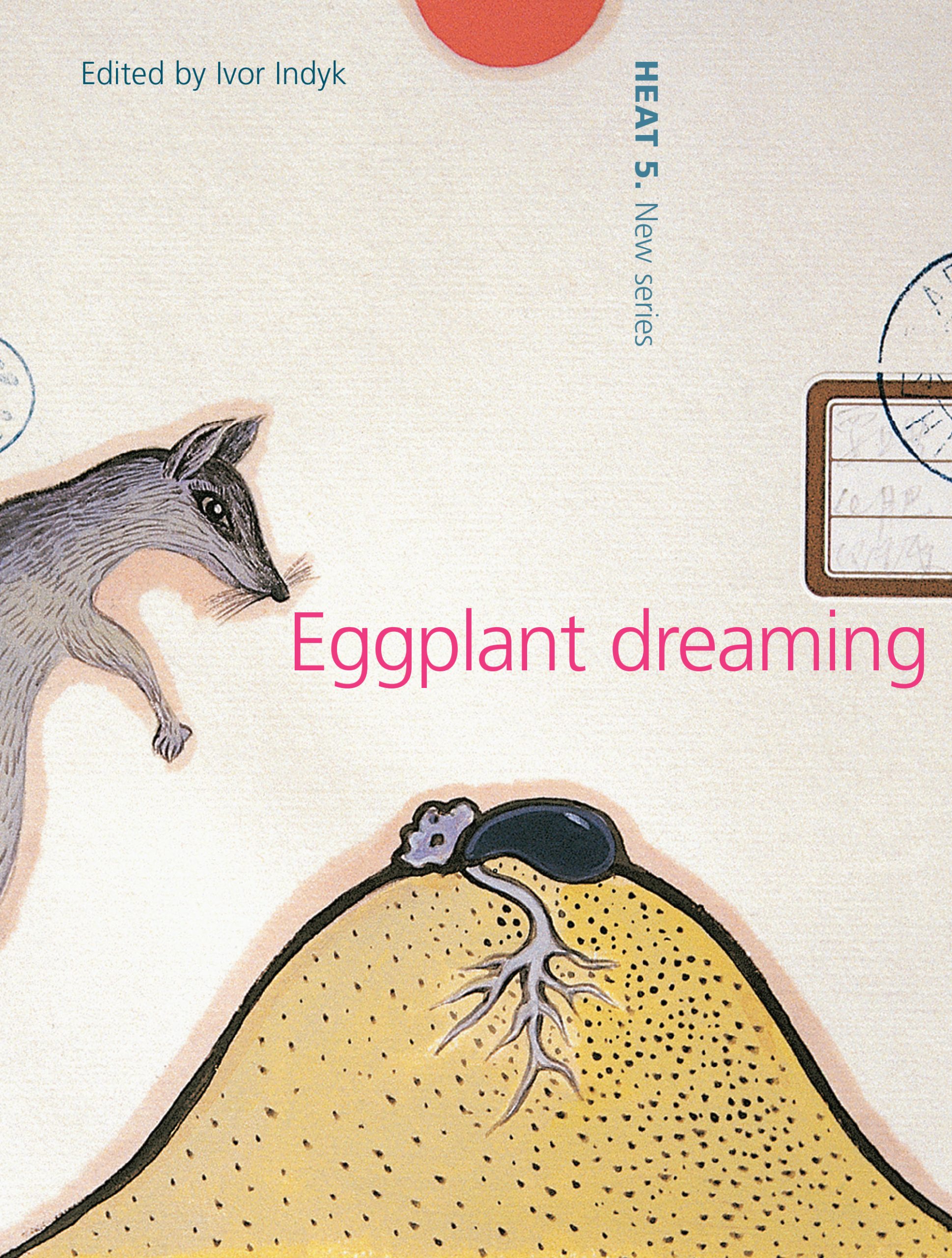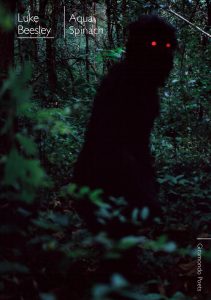On ‘The Wall’ by David Brooks

I discovered Australian poet and fiction writer David Brooks in the late nineties. My girlfriend at the time handed me a collection of his stories – Black Sea. On the cover, an almost-black blue holds a small white illustration by Robin Wallace-Crabbe of a wave – single dots of white spittle. That wave, which breaks up sequences of writing, was haunting to me given the motion and distant silence it appeared to suggest, captured in a brief pause before its inevitable vanishing. The stories in Black Sea are strange and labyrinthine; the through-thread is a sort of literary erotic enigma.
Like many a keen early career writer, I’d first gone elsewhere for modernist imaginative fiction, so it was exhilarating to find it echoed in the work of an Australian writer. Unabashedly Borgesian, Brooks’s stories moved with immaculate rhythms and syntactic dexterity over pages and pages as if his imagination could keep generating a taut nothingness and everything.
In my twenties – living frugally so that I could write and travel, via a very-part-time day job – buying a literary magazine was a big thing; the early editions of HEAT I have on my bookshelf usually tell a story of writing obsessions at the time. In HEAT 5: Eggplant Dreaming (2003) are poems by Michael Farrell, joanne burns, Samuel Wagan Watson and Judith Beveridge, not to mention rare prose pieces by Gerald Murnane and Gig Ryan, and a Chris Andrews-translated story by Bolaño, all of which would have drawn me in. But I’m sure I would have decided to finally purchase Eggplant Dreaming for Brooks’s short story ‘The Wall’.
‘The Wall’ is about seven guards stationed at a mysterious ‘Moon Sector 17’, part of an endless, ambiguously curved stone structure or dream. Through the course of the story, Brooks manages to describe – plainly, carefully, parenthetically – how the guards are somehow overwhelmed by an encroaching insignificance in plain sight. As if dust eventually collected to a coagulation and became a fog that might swallow them.
It is a story about how to build a story out of nothing, too, and a story about thinking, itself. And somehow in the minimalist nationless landscape – soldier, wall, stone, hundreds of years ago, or just now, or a hundred years from now on some Kubrick-staged outpost – we are reminded of today’s strange shade.




